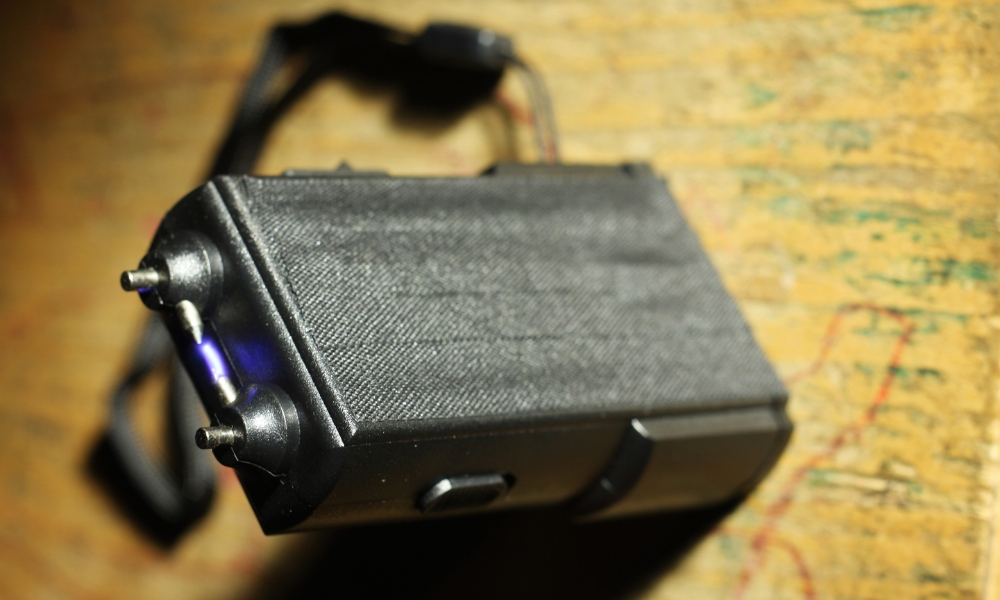New Taser 10 Approved for UK Police and What This Means for Policing and Public Safety

What is the New Taser and How Does it Differ?
Police forces across England and Wales will soon be able to equip officers with the new Axon Taser 10 – an upgraded device designed to give officers greater range, accuracy, and control in high-risk situations.
A More Powerful Tool
The Taser 10 is an evolution of previous models, capable of firing probes at longer distances and with greater precision.
Unlike earlier Tasers, the device allows officers to choose the direction of each of its 10 single probes, giving them more flexibility during fast-moving incidents.
It also includes improved safety mechanisms and an auditory warning function, which officers can activate before firing.
This is intended to act as a deterrent – giving suspects a final chance to comply before force is used.
Testing and Oversight
Before approval, the Taser 10 underwent independent testing, medical assessments, and real-world trials led by the College of Policing.
The Home Office, the National Police Chiefs’ Council (NPCC), and the College jointly assessed the model, with a national implementation plan now in place to guide training and deployment.
Chief Constable Lucy D’Orsi, the national lead for less-lethal weapons, emphasised that Taser remains a last resort in policing:
“We are proud to operate a predominantly unarmed police service built on public consent. In 92% of cases, the presence of a Taser alone is enough to defuse danger without it being discharged.”
Balancing Safety and Accountability
Supporters argue the Taser 10 gives officers a safer alternative when facing violent or armed suspects, reducing the need for more lethal force.
However, concerns remain over accountability and public trust – especially in communities where use of force is a sensitive issue.
The College of Policing has updated national guidance to ensure officers are trained to the highest professional standards.
Training will emphasise de-escalation, proportionality, and transparent oversight of each deployment.
Chief Constable Sir Andy Marsh, CEO of the College of Policing, said:
“The effective use of Taser 10 is about improving officer safety and protecting the public from harm, whilst ensuring the minimum amount of force is used. The public rightly expect powers like this to be exercised with care and accountability.”
Defence and Legal Implications
For the public, it is important to understand that Tasers are classed as “less-lethal weapons”, but they are not risk-free.
If an officer deploys a Taser, the circumstances must be lawful, necessary, and proportionate.
Any dispute about whether the use of a Taser was justified can form the basis of a legal defence in criminal proceedings.
Equally, offences involving assaulting an officer in the course of their duties, or resisting arrest in situations where a Taser is used, will be treated extremely seriously by the courts.
Defence lawyers may challenge whether the decision to fire was appropriate, especially if injuries occurred or if there is evidence the situation could have been resolved differently.
The Future of Policing Tools
Home Office Minister Sarah Jones said the approval of the device reflects the government’s wider Plan for Change, which seeks to modernise policing while maintaining public trust:
“The new Taser 10 offers a safer option for officers who find themselves in dangerous situations. Properly trained officers will be able to tackle crime more effectively while keeping accountability at the heart of policing.”
While only specially trained officers will carry the device, its availability across England and Wales marks a significant development in UK policing.
The challenge now will be ensuring Tasers remain a measured tool of last resort, and that the rights of both the public and suspects are upheld.
How We Can Help
For advice on any aspects of legal representation for public order offences – call us now on 0161 477 1121 or email us.


